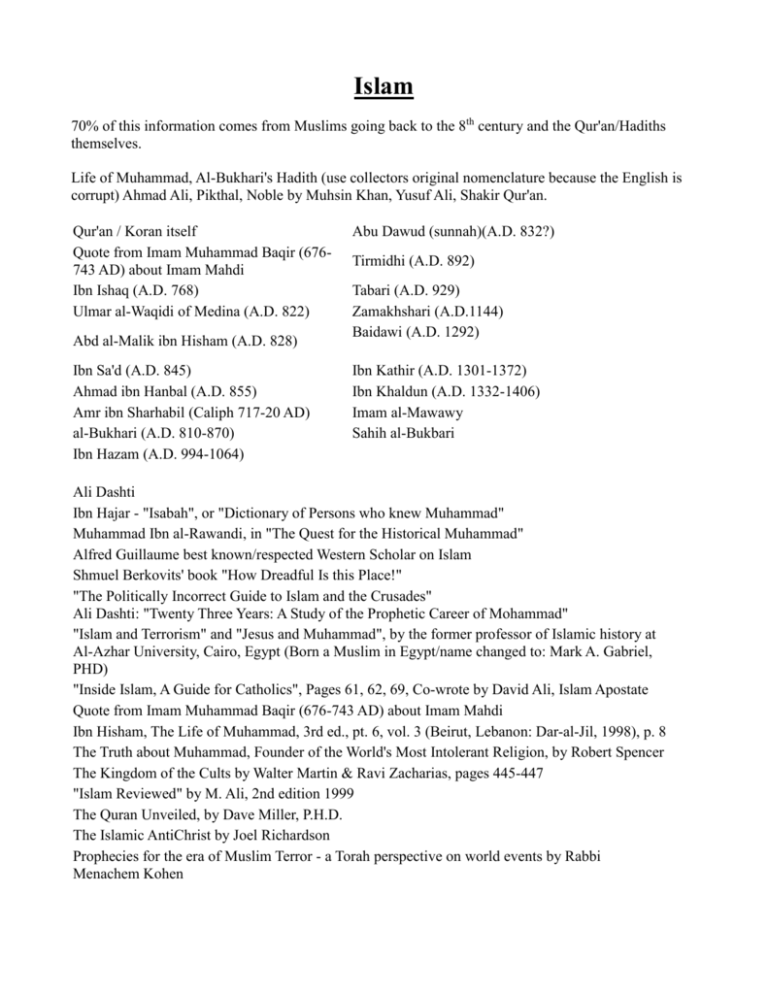

Unfortunately Ibn Ishaq excited the enmity of Malik b. Al-Zuhri, who was in Medina in 123, is reported to have said that Medina would never lack ‘ilm as long as Ibn Ishaq was there, and he eagerly gathered from him the details of the prophet’s wars. 4 On his return to Medina he went on with the collection and arrangement of the material he had collected. 3 There he was regarded as an authority, for this same Yazid afterwards related traditions on Ibn Ishaq’s authority. He must have devoted himself to the study of apostolic tradition from his youth, for at the age of thirty he went to Egypt to attend the lectures of Yazid b. He associated with the second generation of traditionists, notably al-Zuhri, ‘Asim b. He and his brother Musa were well-known traditionists, so that our author’s path in life was prepared before he reached manhood. His son Ishaq was born about the year 50, his mother being the daughter of another freedman. His family adopted the family name of their patrons. ‘Abdu Manaf as a slave, and was manumitted when he accepted Islam. Khalid sent him with a number of prisoners to Abu Bakr at Medina. 12, having been held there as a prisoner by the Persian king. al-Walid when he captured ‘Aynu’1-Tamr in A.H. 1 His grandfather Yasar fell into the hands of Khalid b. Muhammad, son of Ishaq, son of Yasar, was born in Medina about A.H. I begin with the translator of Ibn Ishaq’s biography into English. The reason I do so is to silence the attempt of certain Muhammadans to brush aside the reports of Ibn Ishaq concerning their prophet which depicts him in a less than favorable light. In this post, I am going to cite some Islamic authorities confirming the integrity of one of first (if not the first) Muslim chronicler of Muhammad’s life, namely, Ibn Ishaq.


 0 kommentar(er)
0 kommentar(er)
